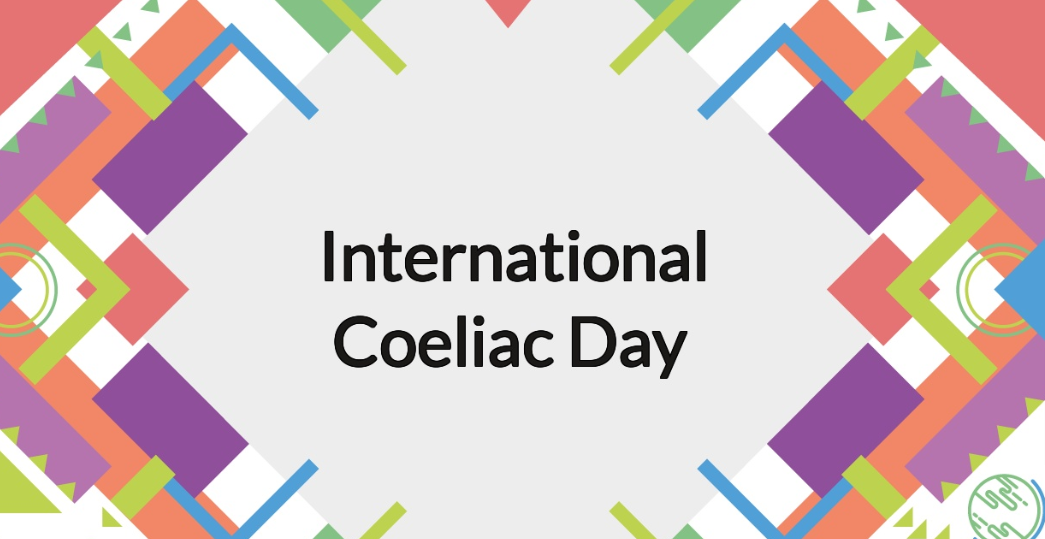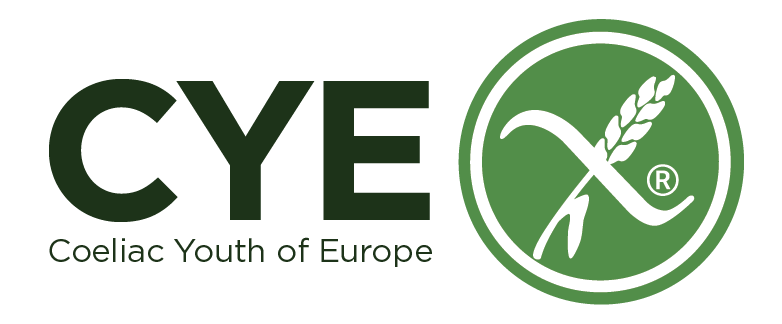
Since many years members of the Association of European Coeliac Societies (AOECS) recognise 16th May as International Coeliac Day.
In many regions of the World coeliac organisations unite their forces around this day to share stories, activities and tools about how is like living with coeliac disease and help raise awareness on what it takes to live gluten-free.
This year, in Australia, Canada, New Zeeland and USA, many organizations join forces in the #shineAlightOnCoeliac campaign. You will be delighted to learn some illuminating facts and stories at their website: #shineAlightOnCeliac.
In Europe, the Association of European Coeliac Societies (AOECS) wants to pay tribute to all women who:
- are coeliac themselves – girls and women are twice as many as men diagnosed at any age
- have a coeliac relative – children or adult family members – as housewives are responsible for caring for the family, following the strict and lifelong gluten-free diet, provide care and support
- even actively participate as passionate members and volunteers of the coeliac patients support groups and associations locally, national or global level
- as a committed healthcare professional, as a dietitian who informs, educates, follows from the first moments, just after the proper diagnosis, and supports celiac families in learning and maintain modern, nutritious, and sustainable kitchens at home.
AOECS also will use the Social Media Channels to share also facts about coeliac symptoms in girls and women.
Naturally, we never forget: coeliac disease is a lifelong chronic condition of all ages, and in Europe the ratio of diagnosed cases does not exceed 1 : 7-8.
Last but not least, we invite everyone for our open webinar on the 19th May, about “Women and coeliac: unveiling the role of women”.
About the disease:
Coeliac disease affects 1-2 in 100 genetically predisposed individuals who develop a small intestinal inflammation (enteropathy) on exposure to dietary gluten. (Gluten is the storage protein of wheat, rye and barley and widely used by the food industry). Symptoms can include bloating, abdominal pain, nausea, constipation, diarrhoea, bloating, tiredness, anaemia, headaches, mouth ulcers, recurrent miscarriages, weight loss (but not in all cases), skin problems, depression, joint or bone pain and nerve problems. The disease can be diagnosed at any age, even without symptoms, as a result of family screening.
The only treatment of coeliac disease is the life-long and strict avoidance of ingestion of gluten.
About AOECS:
Association of European Coeliac Societies (AOECS) was founded in 1988. Is an independent, non-profit organization, currently 26 enrolled member societies across Europe, representing people who are effected by coeliac disease or dermatitis herpetiformis and seeks to collaborate with international coeliac organizations worldwide.

